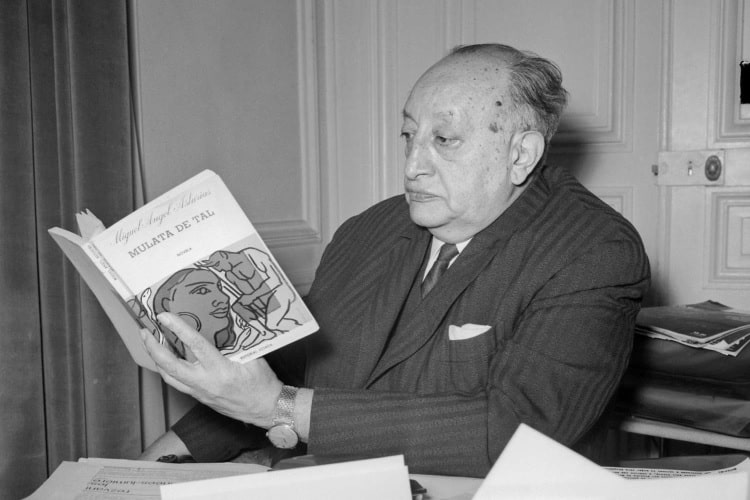Celebrating life and legacy of Miguel Angel Asturias

Miguel Angel Asturias (9 June 1974 – 19 October 1899) was a Guatemalan poet-diplomat, novelist, playwright and journalist.
Life and Career
Miguel Angel Asturias was born on 19 October 1899, in Guatemala City, Guatemala. He was born into a middle-class family and showed an early interest in literature and indigenous cultures. He studied law and literature at the Universidad de San Carlos de Guatemala and continued his studies in Paris, where he was exposed to European literary movements.
Asturias is best known for his contribution to the Latin American literary movement known as “magical realism.” He integrated indigenous Guatemalan myths, legends, and oral traditions into his works, often blending the real and the fantastical. Some of his most notable works include: “The President” (El Señor Presidente): This novel, published in 1946, is a powerful critique of dictatorship and oppression, drawing from Asturias’s experiences with authoritarian regimes in Latin America. “Men of Maize” (Hombres de maíz): This novel, published in 1949, explores the exploitation and suffering of indigenous communities in Guatemala. “Mulata de tal”: Another important novel by Asturias, examines the complexities of racial and cultural identity.
Asturias’s writing was deeply influenced by his commitment to social justice and his involvement in leftist political movements.
In addition to his literary pursuits, Miguel Ángel Asturias served as a diplomat and ambassador for Guatemala. He represented his country at various international organizations and diplomatic posts. His political views and commitment to human rights often led to conflicts with the Guatemalan government, especially during periods of political instability in the country. Miguel Angel Asturias passed away on 9 June 1974, in Madrid, Spain.
Award and Legacy
Miguel Ángel Asturias was awarded the Nobel Prize in Literature in 1967. The Nobel Committee recognized him for his “vivid literary achievement, deep-rooted in the national traits and traditions of Indian peoples of Latin America.
Miguel Ángel Asturias’s legacy extends beyond his own literary works. He left an indelible mark on Latin American literature, inspired social change, and remains a symbol of cultural pride and resistance in the face of adversity. His contributions to both literature and human rights continue to be celebrated and studied worldwide.
Observer Voice is the one stop site for National, International news, Sports, Editor’s Choice, Art/culture contents, Quotes and much more. We also cover historical contents. Historical contents includes World History, Indian History, and what happened today. The website also covers Entertainment across the India and World.

